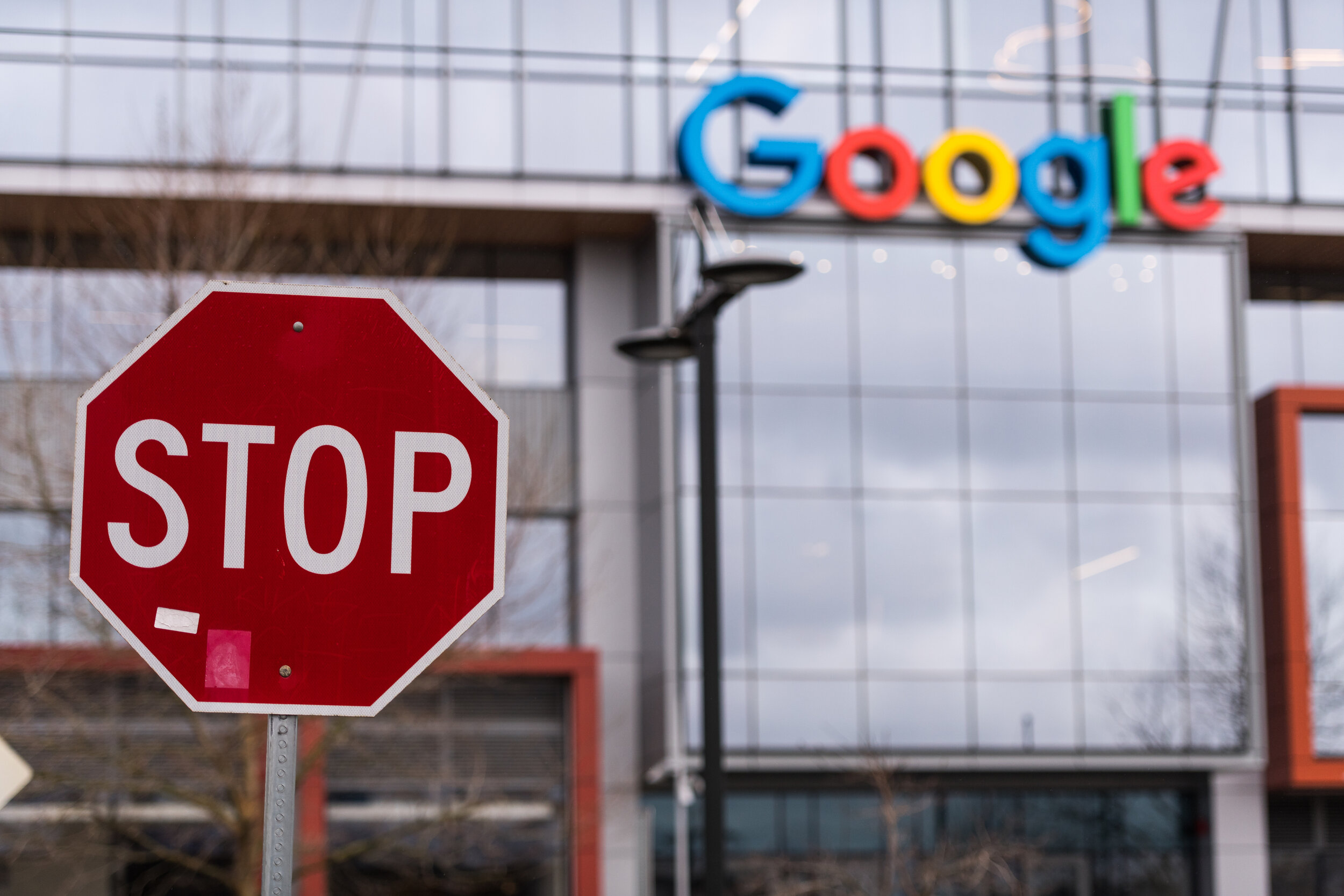ProMarket - What the US Economy Could Look Like if Digital Markets Were Open and Competitive
Open Markets Institute Director of Enforcement Strategy and author of the forthcoming book, “Monopolies Suck,” Sally Hubbard, testified before the House Judiciary antitrust subcommittee on October 1, 2020 in support of stopping Big Tech monopolies. The following is adapted from that testimony.
Facebook, Amazon, Apple, and Google started on their paths to dominance with innovation, but the investigation into digital markets by the House Judiciary Antitrust Subcommittee has uncovered major evidence that the platforms have used anti-competitive conduct and acquisitions to grow and maintain their monopoly power. They’ve violated the antitrust laws as they now stand.
The investigation has opened Americans’ eyes to the widespread harms that flow from the illegal monopolization of digital markets. Yet there’s one thing that most Americans still can’t see: what our lives, economy, and country could look like if these markets were open and competitive. We’ve been under monopoly rule for so long that we’re suffering from a crisis of imagination.
So let’s take a moment and envision the possibilities of what America could be: I see an America where anyone can pursue an innovative business idea, get it funded, and build a company that doesn’t get crushed by giants protecting their turf. Diverse ideas and founders flourish. Small and big companies can decline platforms’ extractive terms of dealing, stop paying them taxes and tolls, reap the rewards of their ingenuity, and pay their employees more.
Strong antitrust enforcement creates new waves of innovation, like when the government broke up AT&T, and when US v. Microsoft paved the way for Google to exist by stopping Microsoft from taking over every market that touched its monopoly.
I see an America where creators of all types—from musicians to journalists—enjoy the fruits of their labors, no longer siphoned off by Big Tech.
I see an America where no company has concentrated control over speech. Public discourse flows freely, not subject to business models that boost divisive and incendiary content. Where we all see the same speech and can respond to it with counterspeech, as the First Amendment requires.
This vision of America can be ours, if we defeat the robber barons of today—just like we’ve done before, using the antitrust laws.
Read the full article on ProMarket here.

